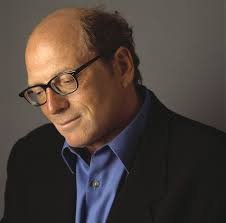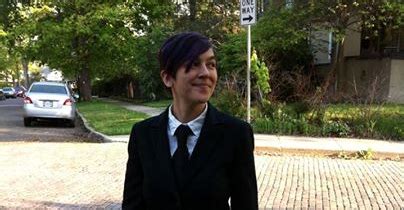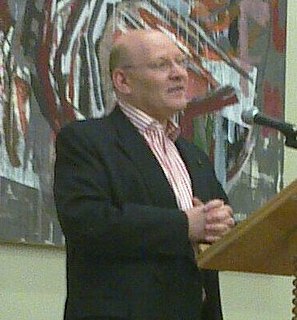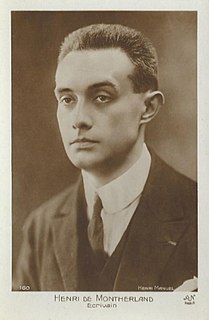A Quote by Reinhold Niebuhr
Now the ordinary Protestant, Jew or Secularist has a stereotype about Catholicism. It consists of Spanish Catholicism, Latin-American Catholicism and, let us say, a Catholicism of O'Connor's "Great Hurrah." Now there are types of Catholicism like that but this doesn't - this doesn't do justice to the genuine relation that Catholicism has had to Democratic Society.
Related Quotes
Catholicism is not ritualism; it may in the future be fighting some sort of superstitious and idolatrous exaggeration of ritual. Catholicism is not asceticism; it has again and again in the past repressed fanatical and cruel exaggerations of asceticism. Catholicism is not mere mysticism; it is even now defending human reason against the mere mysticism of the Pragmatists.
Do I address issues of the spirit, of the soul, in my work? Yes, definitely. As for being a Catholic poet, I was born in, and into, Catholicism - Eastern Rite Maronite and Melkite Catholicism. Not being Catholic has never been a choice for me - it's in my family, my ancestry, going back centuries. Catholicism, for me, is always here.
I've begun to recognize myself as a Catholic writer because my whole notion of the image, of symbol, of art and what it can do, has been conditioned by my immersion in Catholic culture, ritual, and art since my earliest days. Catholicism seeped into me through every pore. Catholicism is about seeping and pores!
But the lack of faith could just as well be a crutch for non-believers, allowing them to live their lives without any concept of accountability and giving them some sort of false confidence. The different is that while Catholicism has an abundance of intellectual underpinnings to support its arguments, anti-Catholicism and atheist have few if any.
Atheism in legislation, indifference in matters of religion, and the pernicious maxims which go under the name of Liberal Catholicism are the true causes of the destruction of states; they have been the ruin of France. Believe me, the evil I denounce is more terrible than the Revolution, more terrible even than The Commune. I have always condemned Liberal Catholicism, and I will condemn it again forty times over if it be necessary.
When Catholicism goes bad it becomes the world-old, world-wide religio of amulets and holy places and priestcraft. Protestantism,in its corresponding decay, becomes a vague mist of ethical platitudes. Catholicism is accused of being too much like all the other religions; Protestantism of being insufficiently like a religion at all. Hence Plato, with his transcendent Forms, is the doctor of Protestants; Aristotle, with his immanent Forms, the doctor of Catholics.
The central problem of our age is not liberalism or modernism, nor the old Roman Catholicism or the new Roman Catholicism, nor the threat of communism, nor even the threat of rationalism and the monolithic consensus which surrounds us. All these are dangerous but not the primary threat. The real problem is this: the church of the Lord Jesus Christ, individually corporately, tending to do the Lord’s work in the power of the flesh rather than of the Spirit. The central problem is always in the midst of the people of God, not in the circumstances surrounding them.





































